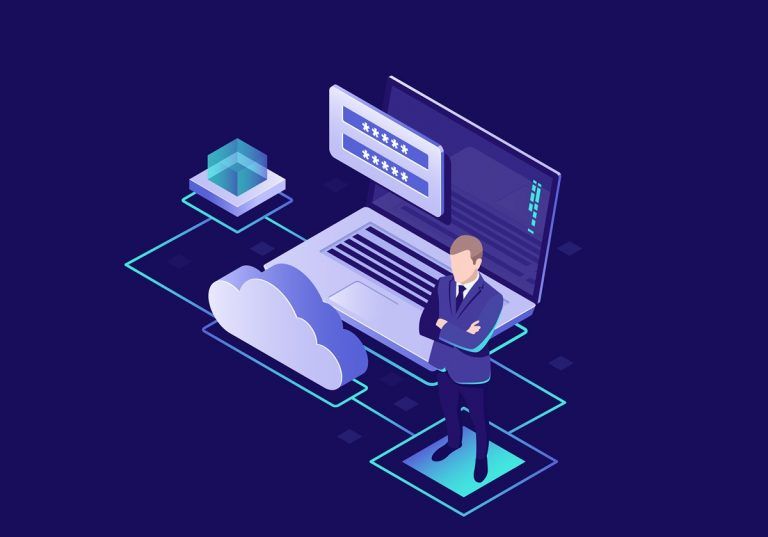3 minutes reading

In today’s corporate landscape, migrating to the cloud has become nearly a rite of passage. Once we recognize our company’s use of cloud resources, the benefits immediately become evident. From my perspective, many of these advantages are inherently financial. In the past, concerns about warranties, insurance, fire hazards, security, and the steep costs of specialized equipment and labor took the forefront.
Now, numerous companies are turning to the cloud primarily for medium and long-term financial savings. However, I believe the advantages of the cloud go well beyond just cost savings. Inspired by the book “Cloud FinOps” by J.R. Storment & Mike Fuller, I see that the true value of FinOps lies in its ability to expand and accelerate business operations in ways traditional technology can’t reach.
Companies outside the tech sector, such as those in manufacturing, aviation, and retail, are at a crucial crossroads when experiencing rapid growth. They can choose to heavily invest in building and maintaining their data centers, with all the associated challenges and costs, or they can embark on a global cloud journey, leveraging the flexibility, scalability, and efficiency it provides. The choice often falls on the cloud, and this is where FinOps becomes essential. It acts as a compass, guiding these businesses through the financial and operational complexity of this transition, ensuring the cloud journey is optimized in terms of both cost and performance.
Businesses with the cloud at their core, like Airbnb, Spotify, and Flickr, understand that global expansion is vital for their survival. Having a presence in multiple data centers worldwide gives them a unique competitive edge.
However, as cloud adoption grows, corporate departments tend to operate in silos. Tech, finance, procurement, and business may become isolated, focusing only on their realms, thus losing the necessary holistic vision for cohesive operation.
The FinOps Certified Professional Course from the FinOps Foundation exactly highlights the value we seek with cloud use:
An intriguing feature of the cloud is self-service. While it provides dynamism to the engineering team and efficiency to the product department, it can lead to unchecked growth, posing challenges to finance, procurement, and business teams.
To reap the benefits of innovation that the cloud offers, it’s imperative to adopt the FinOps culture from the get-go. This way, we can ensure structured growth with clear visibility and continuous value addition to the business.
Our journey through the cloud and the universe of FinOps unveils the vastness and complexity of the current technological scene. For modern businesses, migrating to the cloud isn’t just an option but a necessity to stay competitive and agile. However, this migration brings its challenges, especially regarding financial and operational management. Here, FinOps shines as a beacon, lighting the way for a smooth and efficient transition to the cloud.